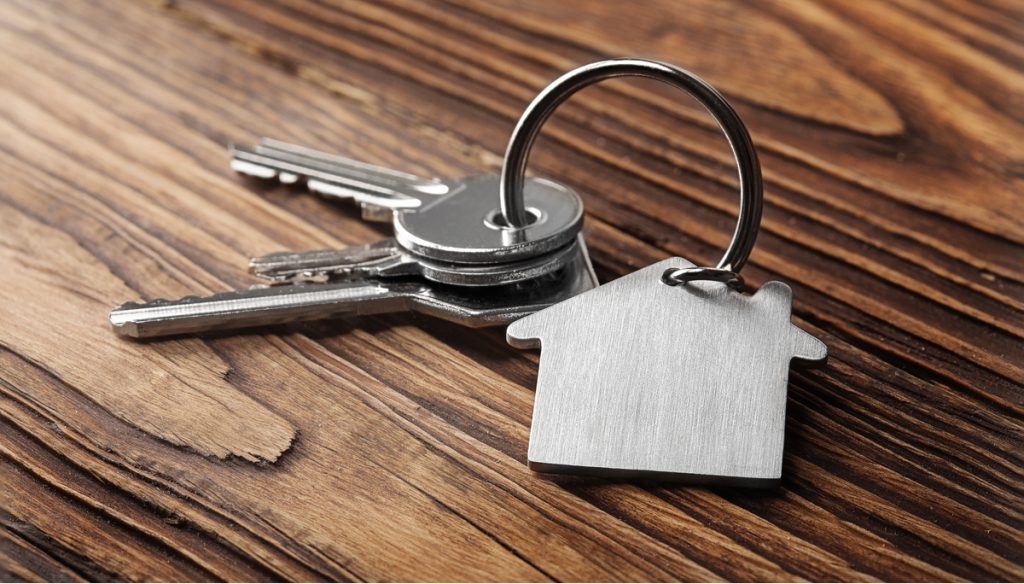Buying a new house is an exciting yet challenging time. It’s fun to look for the perfect place while getting ready to start life in a new area. As you search for a new home, however, there are certain must-dos in order to make sure you get the best deal possible and avoid some common pitfalls that can occur when house shopping.

Know Your Limits
The first rule before you buy a new house is to know your limits. If your family income is too low to afford a place that has caught your eye, forget it. Pursuing it will just be setting yourself up for disappointment or hard times in the future. Force yourself to move on and look at more homes in your price range.
With a price that is in your range you will be able to put down a better down payment and start from a better position. You’ll also be more prepared for the extra costs that always come up with home ownership such as utilities, moving costs, taxes, renovation costs, landscaping and so on.¹
How To Determine What You Can Afford
There is a good formula for determining what your limit on buying a home should be.¹ Start with your monthly income: for example, say that you are buying a home and you are your wife’s combined monthly income is $7,000. You should not be spending more than 25% of that combined monthly income on your mortgage so leave aside 25% of $7,000—$1,750—for your monthly payment on the house.
After this, depending on the duration of your mortgage and the interest rate you can calculate the value of the houses you should be able to afford. Using a useful tool like a mortgage calculator is one of the best ways to find out what is in your price range or not.²
Get An Agent
When buying a new home you may want to consider getting a buyer’s agent. While there is no obligation to do so and you can take your time visiting open houses and checking out listings online or in local newsletters and newspapers, hiring an agent will fast-track the process and keep you abreast of many great houses you might otherwise have missed.
An agent can also help to make sure you don’t get ripped off by paying more than the home is worth. If you are buying a very expensive property, the amount the agent can save you with clever negotiation tactics could more than offset the cost of their services. Overall, agents can easily save time, energy and frustration while also advising on homes that should be avoided.³
Inspect The House First
There can often be unknowns in a house that you are considering buying, so it is worth inspecting and looking around it yourself prior to making any offer or hiring a building inspector to look at it for you. The last thing you want is to move into an amazing home only to find that the electrical wiring is all haywire and the back deck has advanced internal rot.³
Find A Neighborhood That Fits
It’s easy to become too laser-focused when searching for a home and miss the bigger picture. As much as you are looking for a new building to call home, you are also making a decision about where that building is located. If you have kids is there a school nearby? If you like jogging are there good places to run? Is the neighborhood safe, friendly, professional, easy to navigate by foot or by car, far from your work? These are all important aspects to consider, since buying a home also means you are committing to a neighborhood.
[1] https://www.daveramsey.com/blog/tips-for-first-time-home-buyers
[2] https://www.daveramsey.com/mortgage-calculator
[3] https://www.thebalance.com/tips-for-buying-your-first-home-1798337


